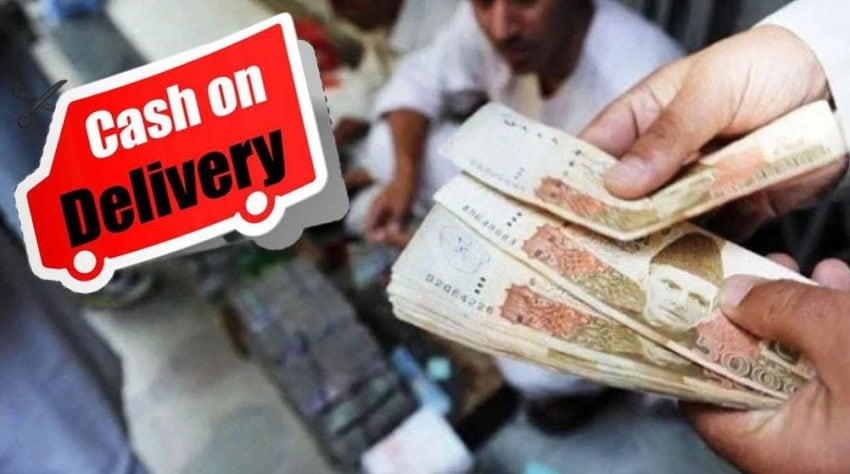ISLAMABAD – Amid plethora of taxes and new reforms, Pakistani Revenue authorties come up with new rule for e-commerce indutry, putting Rs 200,000 cap on cash transactions for retail outlets and Cash-on-Delivery (CoD) orders.
The new announcment sparked concerns across the online shopping and delivery industry as sellers and couriers are now required to comply with FBR new tax withholding and reporting rules.
In bid to curb cash transactions and to boost digital payments, the apex tax collection authority imposed strict limit on cash payments at retail outlets and for Cash on Delivery (CoD) orders in the booming e-commerce sector. The announcement, part of Circular No. 02 of 2025-26, signals a major push toward a cashless economy—and could shake up the way Pakistan shops online.
For first time, CoD orders in e-commerce will be treated the same as cash payments in physical stores. Sellers exceeding the limit could face penalties, while couriers and online marketplaces are now tasked with collecting taxes and reporting every transaction.
Under revised rules, banks, payment gateways, and digital platforms must withhold 1% tax on digital payments, while courier companies handling CoD orders will deduct 2% before passing funds to sellers. Section 6A taxes collected will count as final, covering both domestic and export sales.
E-commerce vendors are now required to register for income tax, or risk being cut off from marketplaces and courier services. Marketplaces must file detailed reports on every seller operating on their platforms, ensuring the FBR tracks the entire e-commerce ecosystem.
As some back this sweeping reform to revolutionize Pakistan’s online shopping landscape, promote digital payments, and significantly tighten control over cash flows, small retailers and CoD sellers fear the new rules may disrupt business and add extra compliance burdens.
‘1% Tax on Digital Sales, 2% on COD’ as FBR squeezes E-Commerce sector













